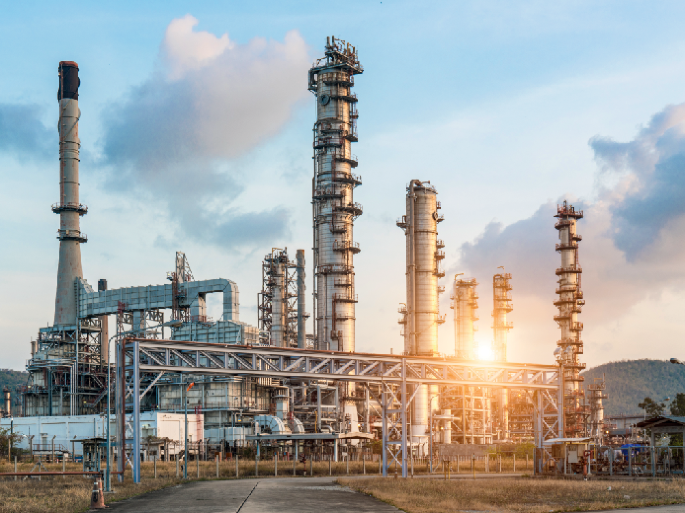Pioneering Perspectives in Reaction Engineering: Challenges and Opportunities Ahead
Key Ideas
- Reinventing chemical processes from petrochemical to sustainable sources like CO2 and lignin presents a new era for reaction engineering.
- Future reactors may be revolutionized with 'intelligent' catalyst particles that probe, control, and steer chemical processes actively.
- Transitioning to solar energy for chemical processes demands efficient coupling of photons into reactors, requiring innovative design and optimization.
- Understanding and co-designing the complexities of multiscale and multiphysical processes will lead to the development of functional solar processes and reactors.
In the March Focus issue of Nature Chemical Engineering, 13 leading researchers highlighted key challenges and opportunities in reaction engineering. The shift towards sustainable sources like CO2 and lignin signals a new era for chemical processes, demanding innovative advancements in reaction engineering to exploit these sources effectively. The concept of 'intelligent' catalyst particles that probe, control, and steer chemical reactions within reactors is on the horizon, promising a revolution in industrial processes. Additionally, the transition to solar energy requires efficient coupling of photons into reactors, necessitating novel design approaches and optimization techniques. Understanding and co-designing the complex multiscale and multiphysical processes involved in solar energy conversion will be crucial for developing functional and feasible solar processes and reactors. This viewpoint showcases the pioneering perspectives that will shape the future of reaction engineering.
